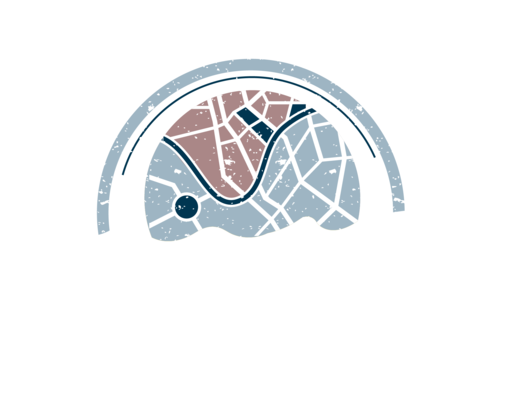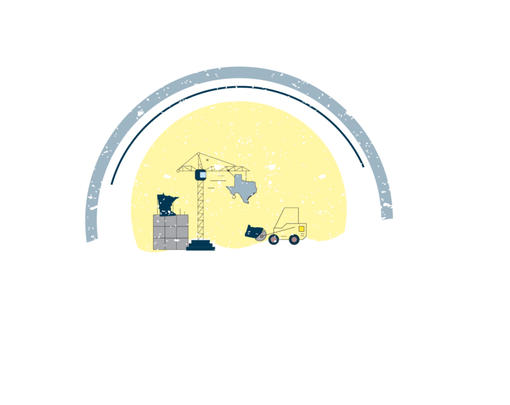What is democracy?
All too often we assume that we really know what a living democratic society looks like—but democracy is more of a project than a static set of formal political arrangements having to do with a trip to a voting booth once every year or two. Indeed, we should take the phrase “laboratories of democracy” (describing the local innovation that helped set terms of reference for key elements of the New Deal) seriously. Democracy is not a rigid end-point, but an ongoing experiment, deepened and preserved through engagement and innovation.
In the spirit of traditional theorists like Alexis de Tocqueville and John Stuart Mill—and modern writers like Benjamin Barber, Jane Mansbridge (and, in certain areas, anarchist-oriented theorists like Murray Bookchin and Noam Chomsky)—the Pluralist Commonwealth vision rests firmly on the principle that, over the long haul, rebuilding local democracy with a small d, from the bottom up, is a necessary requirement of renewing the basis of meaningful Democracy with a big D in the political-economic system as a whole.
In particular, it is striking that in our ostensibly democratic society, the vast majority of Americans spend 8 hours a day in an institution where they leave their democratic rights at the door—the workplace. With private capital largely calling the tune in terms of what workers do at work and what the results of that work are (not to mention the consequences for the larger community), our “democracy” leaves a lot to be desired. This is to say nothing of the fact that large corporations and wealthy owners spend inordinate amounts of money on elections and lobbying to make sure that “democracy” reflects their interests irrespective of the will of the people in general.
How does the Pluralist Commonwealth build stronger foundations for democratic life?
The Pluralist Commonwealth emphasizes democracy at all levels, with a commitment to participatory decision making at all scales. The principle of subsidiarity, or moving decision making to the smallest level possible to encourage meaningful individual participation, should be applied. (See, in particular, REGIONALISM.) Again, how the society allocates time is important. It is hard to participate if you must work two jobs just to keep food on the table and a roof over your children’s heads. (See LIBERTY.) Above all, the Pluralist Commonwealth model doesn’t arbitrarily limit democracy to the “political” sphere, but extends it to the economy as well. For instance, a worker COOPERATIVE is able to self-manage its own workplace in a democratic fashion. This is an important foundational change. However, beyond the enterprise, public, democratic control and oversight over the allocation of INVESTMENT capital becomes a further requirement of a genuinely participatory approach. The Pluralist Commonwealth model also recognizes that a truly democratic society has as its precondition a more democratic distribution of income and wealth (see OWNERSHIP) as necessary for broad participation and influence in decision-making to become meaningful.
Where are more participatory systemic directions being prototyped and developed today?
It is important to recognize that many of our economic institutions are, in fact, already democratic—at least on paper. For instance, there are more than 6500 credit unions in the US, all ostensibly run on a one-member, one-vote basis. In some places, activists looking for more transformational engagement from these financial institutions have run campaigns to activate existing board members and elect new members to replace members with a narrow and less democratic approach to the possibilities offered by the institution.
In addition to the many expanded, new forms of cooperative business noted above (See COOPERATIVES), we are also seeing a great deal of interest in new forms of workplace democracy. Unions like the United Auto Workers, for instance, have begun to explore co-management, in which workers receive formal seats on corporate boards. (Local 42 of the union has worked to establish a “works council” at the Volkswagen plant in Chattanooga, and a degree of co-management was instituted by the UAW and GM and the Saturn plant before it closed in 2009.)1 Many other companies, especially in high-tech sectors, are developing innovative structures for flat or “horizontal” management, where workers engage directly with each other to co-manage the enterprise.2
Elsewhere participatory budgeting in which community residents are given direct democratic control over the allocation of limited amounts of public funds—is currently being experimented with in many US cities. The trend represents an important acknowledgement of the limits of purely representational local governance and the need to test out new strategies of direct citizen involvement. In Europe and elsewhere, “liquid democracy,” in which people are free to delegate responsibility for making different kinds of decisions to different groups, and crowd-sourced participatory policy development and internet-based decision making at the party level, particularly in Spain, are experimental innovations that push past the confines of a purely parliamentary model.3
See also:
COOPERATIVE, INVESTMENT, LIBERTY, OWNERSHIP, REGIONALISM,
Further reading
Archon Fung and Erik Olin Wright, Deepening Democracy: Institutional Innovations in Empowered Participatory Governance (New York, NY: Verso, 2003).
Benjamin Barber, Strong Democracy: Participatory Politics for a New Age (Berkeley, CA: University of California Press, 1984).
Jane Mansbridge, Beyond Adversarial Democracy (Chicago, IL: University of Chicago Press, 1980).
Paul Adler and Charles Heckscher, The Firm as a Collaborative Community: Reconstructing Trust in the Knowledge Economy, (Oxford, UK: Oxford University Press, 2006).e
- 1 Saul Rubinstein, “The Impact of Co-Management on Quality Performance: The Case of the Saturn Corporation,” Industrial and Labor Relations Review 53, no. 2 (2000): 197-218; Dave Flessner, “UAW advances plan for works council at Chattanooga VW plant,” Times Free Press, May 7, 2015, accessed November 3, 2016.
- 2Paul Adler and Charles Heckscher, “The Collaborative, Ambidextrous Enterprise,” Universia Business Review (2013): 34-51; Paul Adler and Charles Heckscher, The Firm as a Collaborative Community: Reconstructing Trust in the Knowledge Economy (Oxford, UK: Oxford University Press, 2006).
- 3 Geoff Mulgan, “The Dawn of Digital Democracy,” Prospect, December 30, 2014, accessed November 3, 2016.





























